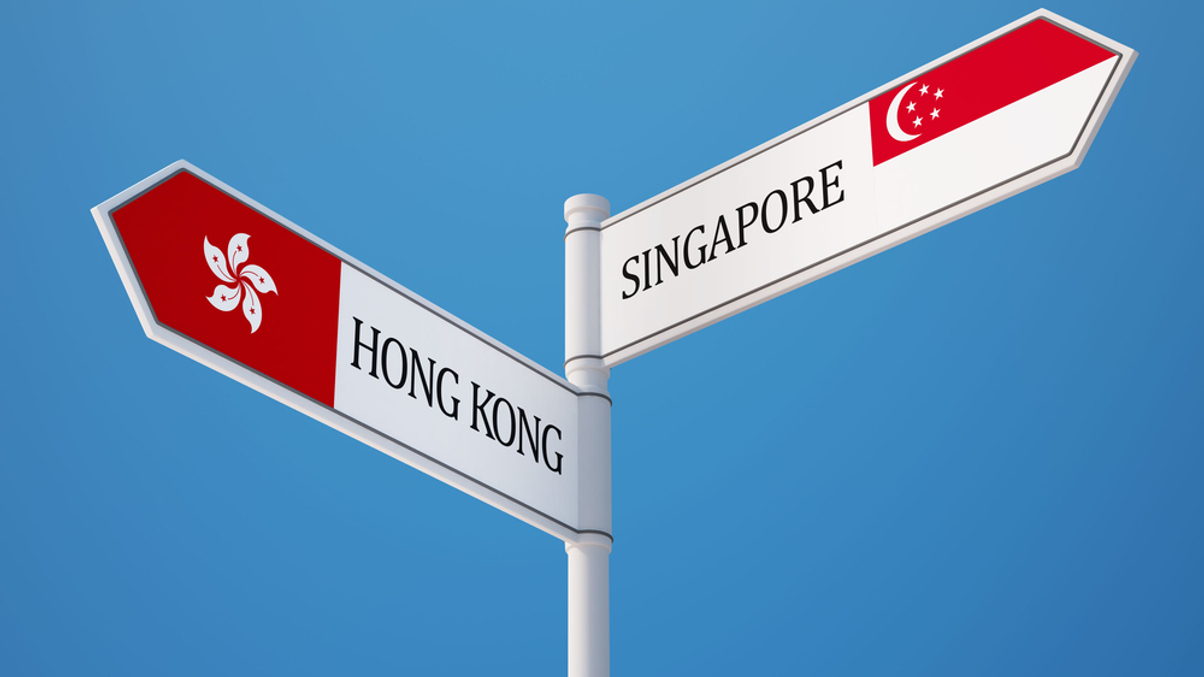Market Views: Will Hong Kong race past Singapore post Covid-19?
As Hong Kong drops one of its last Covid-19 restrictions - the mask mandate - AsianInvestor asks financial industry experts how quickly the city will bounce back, and whether it can gain over next-door rival Singapore.

After 945 days, Hong Kong dropped its mask mandate on Wednesday, marking the collapse of the city’s last piece of Covid-19 restrictions.
Sign in to read on!
Registered users get 2 free articles in 30 days.
Subscribers have full unlimited access to AsianInvestor
Not signed up? New users get 2 free articles per month, plus a 7-day unlimited free trial.
¬ Haymarket Media Limited. All rights reserved.


